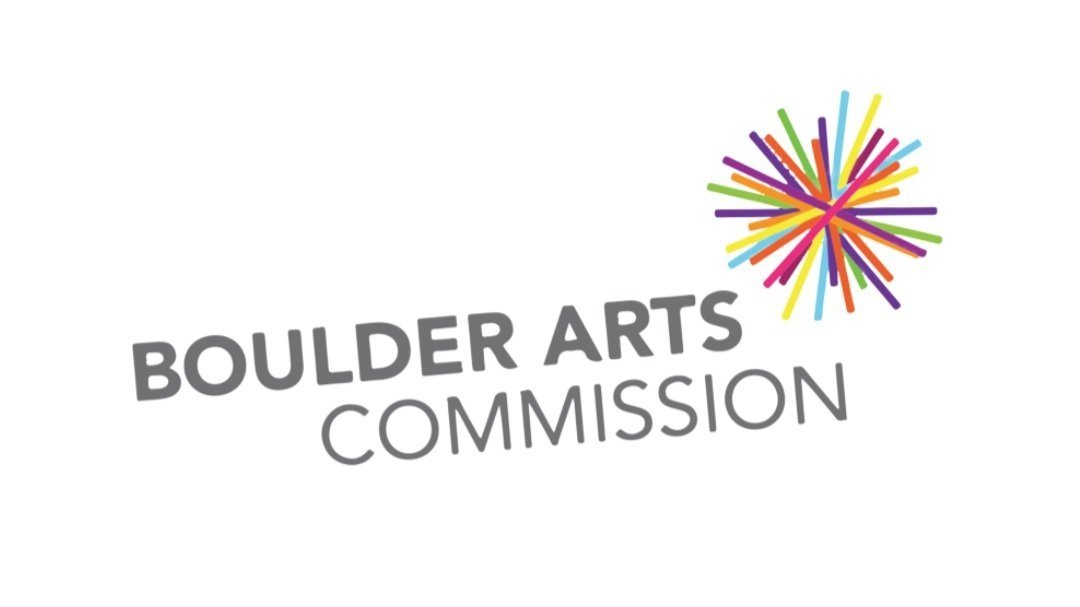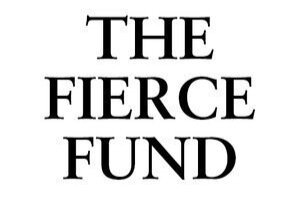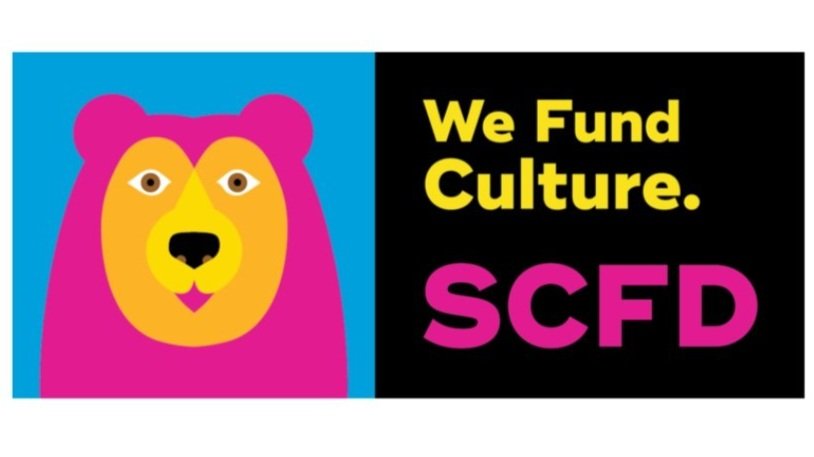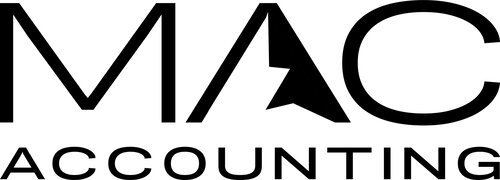This is Eavesdrop, a series of conversations between artists, playwrights and audience members. Below, we listen in on a conversation between Director Pesha Rudnick and Local Associate Artist Jada Suzanne Dixon as they talk about joining forces for the Local Lab presentation of Emily Zemba's political play s***storm that is Clockwork.
Local Theater Company is proud to present Clockwork on Friday, April 20 at 7pm at Dairy Arts Center. Tickets are $5 for students, $10 for Under 30, and $20 for adults. Limited seats remain. Buy online here.
Pesha Rudnick
Jada, I’m so happy to be back in the room with you again after working together on the world premiere of The Firestorm a couple of years ago now, that explosive political play we produced during the 2016 election. In some ways, there are some common themes between that play and the reading of Clockwork that we are presenting at Local Lab this Friday night at the Dairy Arts Center.
Jada Suzanne Dixon
You know, you’re right. I do see a theme of alliances in both plays—the role of loyalty and how, when the thing that holds us together gets fractured in one way or another, we either lean further in or lean out.
I think the end of Clockwork really asks a great question both politically and personally: What are the seeds we are planting—or want to plant today—that will help us grow, and grow better off than we were before? And yet, I wonder with some fear, if we are really growing today or just rehashing the past? I’m excited about that conversation when we get into the rehearsal room together.
Pesha, I also want to say that I really enjoy the new play development process. I enjoy supporting the playwright in hearing the world they created to determine its next steps, and perhaps refine its shape.
Working with you is great, a joy—you are smart and sensitive to each person in the room and create a space where all voices can be heard! I value that as an artist and appreciate Local and people like you who are brave and bold and unapologetic for “sparking learning and contemplation, and taking creative risks.”
I can get behind that! And, truth be told, as Beyoncé states, “Who runs the world? Girls!”
(Yep, let it happen! You are either right now singing the song, humming the song, or shaking your booty... just a little bit. You’re welcome!)
Pesha
I am now doing all of the above now, Jada.
The artistic admiration is mutual. Working with you, Jada, is dreamy. You are a deep thinker and bring active and action-motivated questions to the new play development process. When I read Clockwork, I knew immediately that I needed you in the room.
Your character, Darlene, a congresswoman up for re-election, is on her own journey in the play. The theme of politics and humanity—even in our somewhat surreal political climate—strikes me as particularly important. What do we expect of the people running our country? At what point did our expectation of politicians, particularly women, become so unattainable that supremely unqualified people are now running the county? What does this say about placing value on character? In the theater, we define character as a person’s actions. In other words, it’s not about what someone says on the stage, but rather about what she does and who she affects. Character is the culmination of a person’s historical actions.
I remember that your father was a politician, and that you grew up in politics. You are a Denver-native, you have a long career in both corporate and arts administration and you might be the most diplomatic person I know. Forgive me for asking outright, but does anything in today’s climate inspire you to throw your hat in the ring? Is this a seed you’d consider planting?
Jada
Good memory! Yes, I grew up in Park Hill, laying on my back in my backyard in the summers watching planes from nearby Stapleton, the airport at the time, fly over our house. My father, Bill Roberts, who lost his battle with cancer in 2006, served on the Denver City Council (1971-1989) as deputy mayor under Mayor Federico Peña, and served as Denver Water Board president, appointed by Mayor Wellington Webb.
My dad was a passionate and generous leader who believed in his community and put them first. He was the first public official to call for the construction of Denver International Airport because he feared for the safety of city dwellers who lived beyond the runways of Stapleton Airport. He fought for what he believed was right for the people. When you grow up knocking on doors, picking up trash in neighborhood alleys, and checking in on elders, you gain a deep understanding of the power of community.
There was a time that I considered playing a role in politics and knew without a doubt fairly quickly, it was not the space for me. What is clear is the power I am experiencing and finding at the intersection of art and social justice—it allows and creates space, in my opinion, to move people intellectually, yes, but even more importantly to me and for me, that intersection impacts the heart space that causes new thoughts, reflection, and experiences to emerge.
As citizens, we all live in this world and should feel inspired to do something. For me, that something is using my gifts to spark, cultivate, and create opportunities for the conversation. What are your thoughts about art and social justice? Especially in the Boulder community.
Pesha
Like you, I was raised in a very politically active community. However, in Venice in the 1980’s, visual and performance art played a central role in advocating for the environment, for homelessness and bolstering our public schools. On a personal level, I found the intersection of social activism and theater after college through Cornerstone Theater Company in Los Angeles.
As a theater artist in Boulder, I find that the intersection of art and social justice centers around inclusion. Our community is well aware of the bubble cliché, and I’ve found support for arts education and stories that challenge our perception of “normal” encouraging.
In some ways, Local Lab is a perfect barometer for our work. If the plays aren’t resonating or don’t go deep enough, we go back to the drawing table and dig deeper. My goal is to harness theater in ways that only live theater can: to make us feel something in real time, as a community, and, ultimately, spark action.
